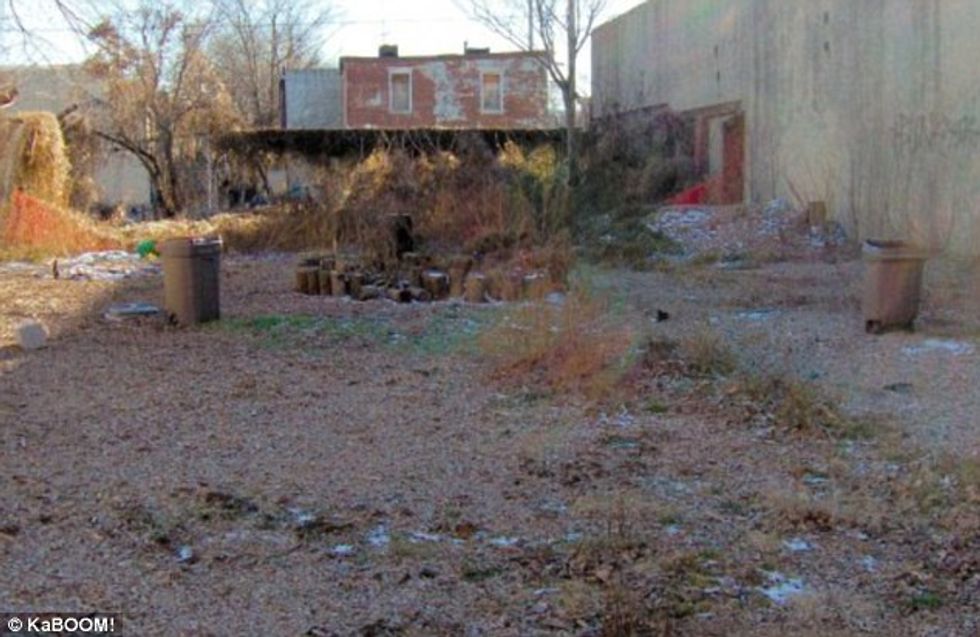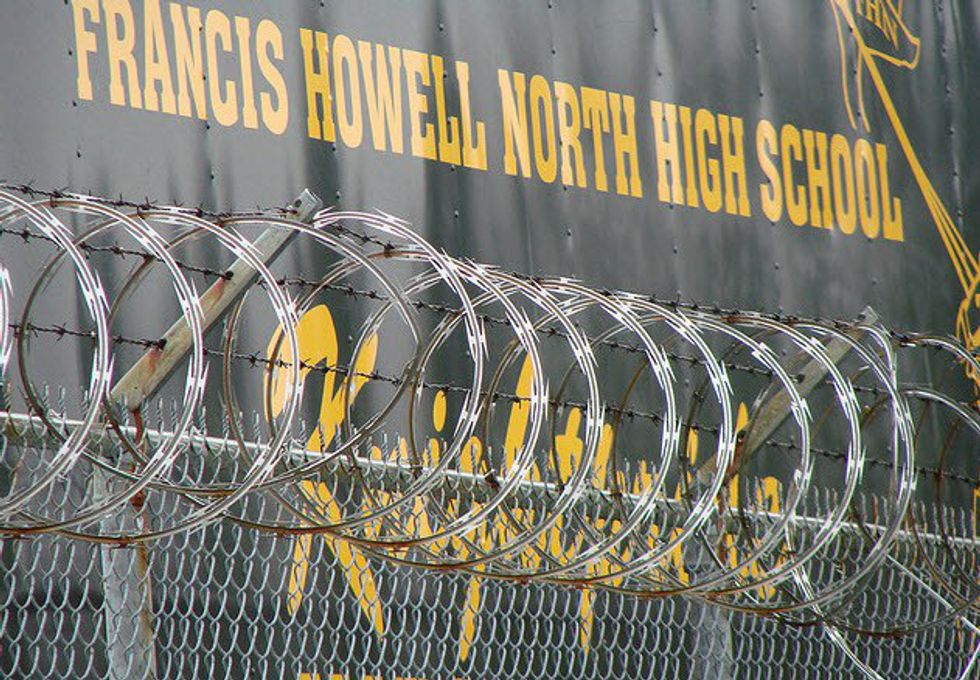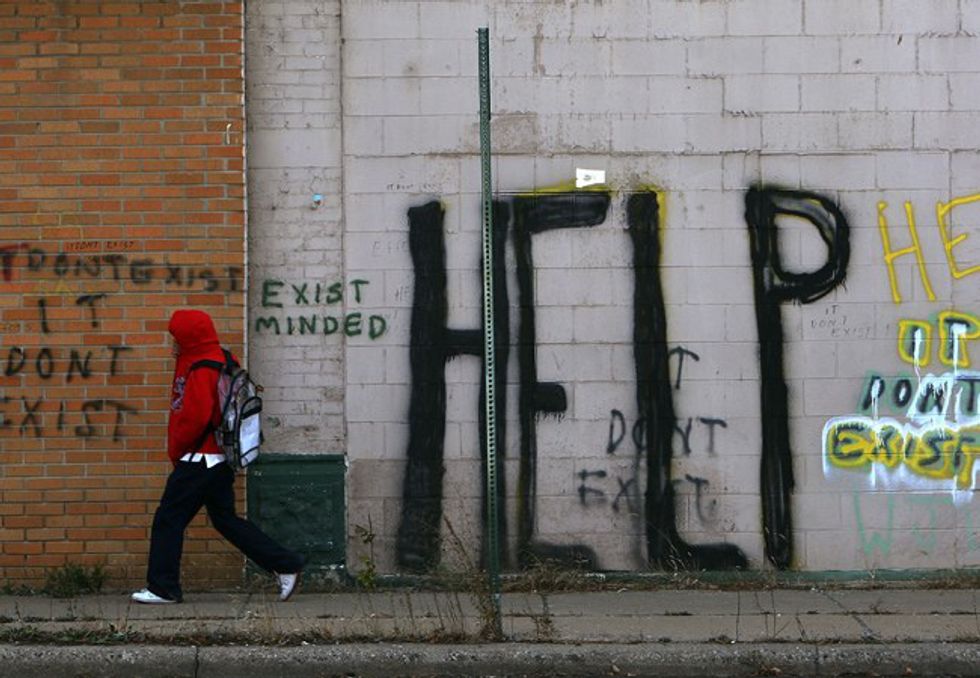This week, I had the opportunity to travel to a nearby family services center for a class trip. It was maybe about 20 minutes away from our school. We drove from our campus through the suburbs, then into one of the wealthiest districts in the Pittsburgh area. With each passing street, the houses got larger and more elaborate. Not five minutes later, we crossed into the next township over: an obviously impoverished, urban one. The gorgeous scenery abruptly switched to old, dingy, broken down homes and businesses. I was shocked. How could these two different worlds be so very close to one another?
The trip has been on my mind all this week. I started thinking about the different lives that these people lead, just five miles apart from one another. People from the wealthy district can walk their streets feeling completely safe. A child could wander up to his neighbor and ask him to play, no problem. There are playgrounds, open streets and yards, and recreational facilities for anyone to use.
Contrast that with the impoverished area. It’s got a bad reputation-- it is just plain unsafe. People do not just take leisurely walks through the park (partly because there are no parks). Children have to be under constant supervision; it is not safe for them to “be kids” and run around outdoors. Any places to play are run down-- likely due to lack of use. They are surrounded by tall, rusty, intimidating fences. There is nowhere for kids to go, which creates an endless cycle of getting bored, finding trouble, and winding up right in the middle of it.
It is truly a tragedy that such inequity still exists in our modern world. Being an education major, the unfairness for the children of poverty is the most heartbreaking. Specifically, the disparity between their school experiences and those of wealthier children hits me hard. It is no secret that the “inner city” schools are not the place to be. The buildings are old and run-down because there is no money to fix them. The kids get a bad rap for being stupid, rowdy, “bad seeds.” Because of this, it is a real struggle to get and keep quality teachers; therefore, the students are learning from inexperienced, unpleasant teachers who are just looking to find a job for at least a little while. And what do you think happens when the teachers don’t know what they are doing? The kids do not learn, they misbehave, etc. Endless. Circle.
I actually got to visit several schools in the same wealthy district we just drove through. They were literally any teacher’s dream. The buildings and classrooms are huge, with plenty of room for the students to feel more than comfortable. The walls were adorably (but cohesively) decorated, with examples of student work displayed proudly. The students are among the top-achieving in the area. The teachers are professional, enthusiastic, and there for the long-haul. The environment is warm, inviting, and prime for learning.
These two types of districts are within a few miles of each other; one of the top districts right next to one of the lowest. Children who live right next to each other might as well live across the country; their experiences are not at all comparable. How do we expect a person who grew up on one side of the divide to achieve the same outcomes as a person from the other? Perhaps the answer lies in the fact that we clearly do not.
It is evident from visiting areas like these that the zoning divide between districts can create an invisible divide between people. Wealthier people are afforded more opportunity, better circumstances, and a more positive outlook on their future. This brings people to believe in themselves and strive for success. Poorer people got the short end of the stick: worse living situations and schools produce people who do not think they can take the world by storm. Who are the people more likely to continue their education and get higher paying jobs? Spoiler alert: those who can pay for it. How are people supposed to “lift themselves out of poverty” if everything in their world is pushing them back?
I was struck with the realization that people very geographically close to me face a world that is so very different. I think we all need to realize this firsthand-- let me tell you, it is striking once you take the time to notice. We need change, people! How will we ever find it if we refuse to acknowledge the barriers we have put up and really strive to knock them down?

























